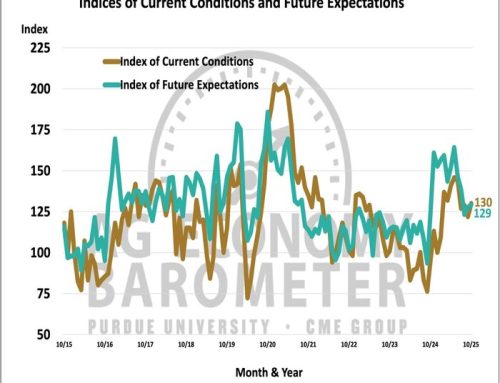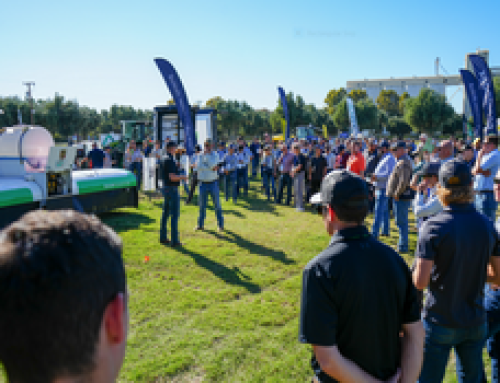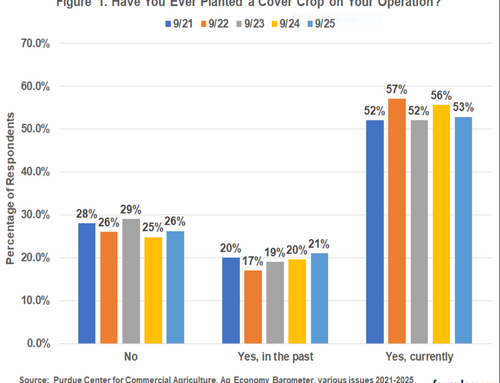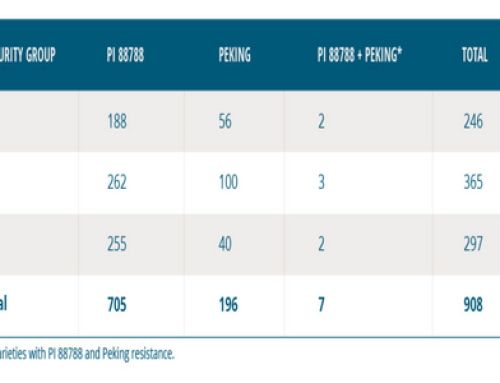Source: Propane Education & Research Council (PERC) news release
RICHMOND, VA – As extreme cold events become more frequent and strain aging electrical grids, farmers and agricultural operations are turning to propane as a reliable, on-farm energy solution. Propane’s ability to operate independently of the grid makes it especially well-suited for winter use, from heating barns and greenhouses to powering backup generators.
“Winter is when reliability matters most,” said Mike Newland, director of agriculture business development for the Propane Education & Research Council (PERC). “Propane is stored on-site and ready when farmers need it, ensuring essential equipment and facilities stay powered– even in the face of widespread outages or fuel supply disruptions. Propane is the reliable energy partner farmers can count on all season long.”
Severe winter weather is a major driver of U.S. power outages, and the risks are mounting. According to a 2025 Department of Energy Report, blackout risks could grow 100-fold by 2030.
To prepare agriculture operations for the winter season, propane tanks can be filled ahead of storms, protecting against supply shortages and transportation delays. When planning for the winter season, PERC recommends producers:
Top off propane tanks early, especially before major storms hit.
Inspect burners, lines, and regulators now to avoid winter breakdowns.
Convert existing generators or engines to bi-fuel or full propane, where feasible.
Maintain an emergency buffer stock — 20 to 30 percent extra capacity is a recommended margin.
Work with a propane supplier familiar with rural and agricultural service to ensure prompt winter delivery.
With winter approaching, early planning is the best protection. By securing fuel supplies now and ensuring equipment is ready, farmers can avoid costly downtime and safeguard their livelihoods. For additional guidance, visit www.Propane.com/Agriculture or contact your local propane supplier to develop a customized winter-readiness plan.
About PERC
The Propane Education & Research Council is a nonprofit that provides leading propane safety and training programs and invests in research and development of new propane-powered technologies. PERC is operated and funded by the propane industry. For more information, visit Propane.com.





